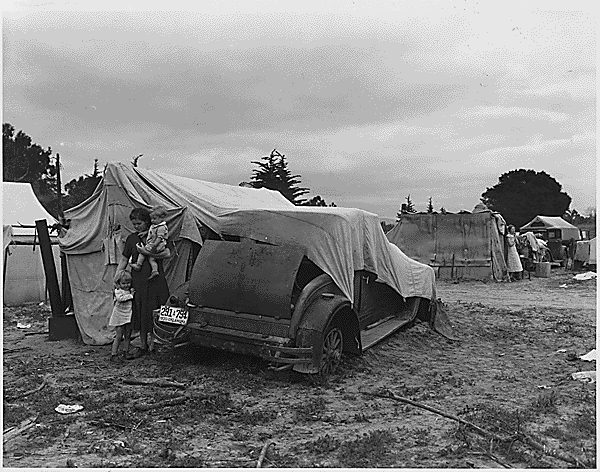Stagnant wages and a declining dollar have forced the country into a deflationary cycle, which had been concealed by American Economist Alan Greenspan’s “cheap money" policy. But those days are gone. The stock market seems locked in a downward spiral as one bank after another collapses.
Companies are cutting profit forecasts as the sense kicks in that American consumers are finally too loaded with debt to buy the next computer. The dollar has fallen to disgraceful depths, turning high-end department stores into discount markets. Increasingly, a lot of people are tapping into their tax deferred retirement funds, raiding their 401(k)s, and maxing out their credit cards to help bail themselves out of a financial jam. Economists warn against the long-term consequences of these actions.
With the collapse of Lehman Brothers a lot of people on Wall Street are out of work. They now join the ranks of other Americans who are struggling with hard times on Main Street. Their credit card bills are looming, their car loans are overdue, they’re behind on their mortgage, and they have no emergency funds.
How bad could things get? Pretty bad. We’re clearly in a recession on the tracks to a depression. A direct result from the trillions of dollars that were pumped into the global economy via low interest rates and the attraction to leverage assets and portfolios. The increased money supply raised the nominal value of equities, but at great cost. Now, stocks are nose-diving and businesses are failing as volatility increases and liquidity dries up.
With prices now plummeting and banks savaged by mortgage losses, this artery of credit is drying up. The American consumer, a crucial engine of growth for the global economy, may finally be tabbed out.
The future of America’s economy looks bleak. We are about to find out what happens when the “easy money” runs out.
NOW THE UPSIDE:
HOWEVER, even in a bleak outlook for so many in our country, and after a nice rant, it is still possible to find the opportunities. There is plenty of money to be made in this economy!!! When big businesses and portfolio managers have to sell off stocks and bonds to create capital, it brings the cost of entry down enough where the market looks enticing for the individual investors, aka, "the little guy". The same thing is happening right now in the real estate market as foreclosures drive down the prices of homes. The beginning asking prices of homes are based on what the last owner owed on his first lien. Because at this stage, the second and third lien holders are now out of the picture. It's common to see a home in Las Vegas going for $200,000 and $300,000 less than what the last guy paid for it.
When remembering images from my history books of the Great Depression that started in 1929, I can't picture anything in today's United States that would even come close to resembling then. In 1933 there were 15 million without jobs compared to 9.5 Million now and the population was half as much then what it is today. (statistic soucrce www.census.gov).

Americans are much more efficient and much more resourceful than the Americans of the yesteryears. The internet has opened so many doors for the world & our progress has been remarkable because of it. Think of how much productivity you can accomplish in one day because of your computer that you couldn't have done during the struggling times of the depression. After doing so, it doesn't make me all that depressed.
So instead of going home tonight to listen to yet another evening of drama filled nightly news, sit down and have dinner with your family and be grateful for what we all have. Mom used to tell me, when one door closes, another one opens. If I didn't believe that I wouldn't still be in the business I am in. I can keep going on, but you can find even more insightful things to reflect upon in your own life than I can. Focus on those things and the future won't be so bleak when the easy money runs out. We just have to think smarter & maximize our resources and talets as we have all been doing for almost the past 8 decades since the great depression.
